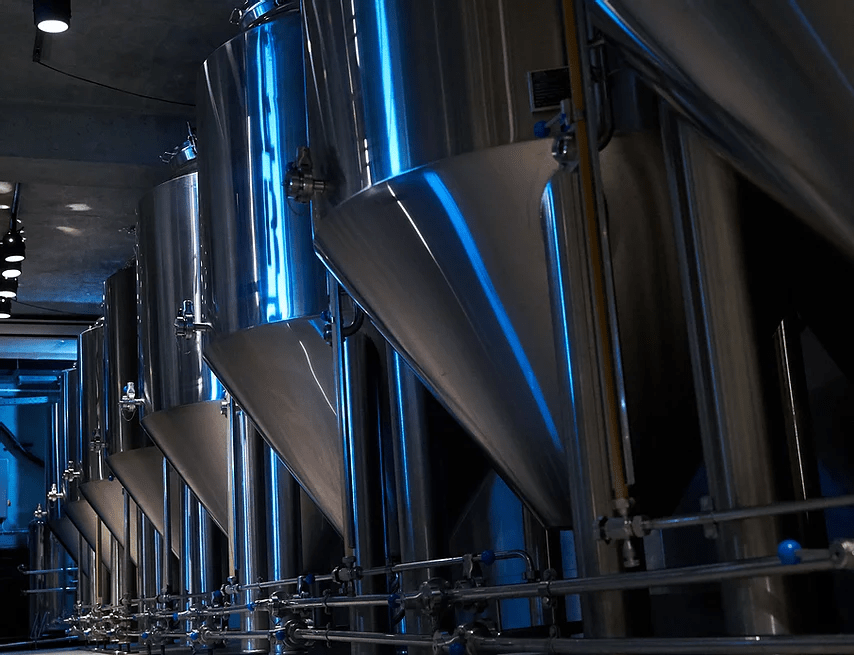The Protein Brewery, a Netherlands-based fermentation tech company working on replacements for animal proteins, has raised €22 million ($26 million) in its Series A round.
Novo Growth led the round. It’s the VC arm of Novo Holdings, a Danish holding company which is the majority shareholder of pharma giant Novo Nordisk.
Novo Growth was joined by French pea protein producer Roquette via its early stage investment arm Roquette Ventures, as well as alt-protein investor Unovis Asset Management, an early backer of Beyond Meat.
The Protein Brewery launched in January this year in the town of Breda, which was once home to the Oranjeboom brewery – one of the largest beer factories in the Netherlands until it was shuttered in 2004.
But the recent founding date belies the fact that The Protein Brewery is no newcomer to the agrifoodtech scene. It’s actually a split-off from BioscienZ, a decade-old Dutch biotech firm which uses microbial fermentation for broader industrial applications.
BioscienZ founder Wim de Laat told AFN that the new company has a more specific focus on the food sector. Its approach, he explained, combines similar fermentation techniques for making beer, wine, or bread with emergent genetics tools adapted from the medical and pharmaceutical industries. This enables The Protein Brewery to isolate and sequence the genome of fungal strains — a double whammy of “whole genome sequencing techniques” and “PCR techniques” (PCR here stands for polymerase chain reaction. Still confused? Read more about that here.)
De Laat said his team are busy selecting varieties of fungi with optimum traits for alt-protein production, capable of producing a whole gamut of food ingredient proteins on demand.
“There are over 6 million types of fungi that we know of, but we eat only about 350 of them. So there’s a whole world of biodiversity we’re opening up,” he said.
The Series A funding for de Laat’s breakaway brewers will be channeled into more of these R&D activities and forays into the microbial world. It’ll also help with covering operational costs and scaling up production of the startup’s flagship alt-protein product, Fermotein.
Before that fungal-derived goodness reaches markets and mouths, Fermotein requires regulatory approval to be used as a food ingredient. The Protein Brewery has applied for clearance in key markets and hopes to get the green light in US the next year and in the EU in 2022.
Giving peas a chance
Explaining Roquette’s strategic investment, de Laat said The Protein Brewery’s fermented products could be created using byproducts of the pea protein isolation process, such as starch, oils, and carbohydrates.
An August 2019 report from McKinsey underlined the need to find applications for the high volume of pea starch that gets extracted during the isolation of pea protein for use in alt-meat products.
“If the protein is sold but not the starch, or if the starch is sold at a low price point, then it becomes difficult for the process to be economically feasible,” the report states. “Producers could make a profit by selling this protein if they don’t lose money on the starch. Producers […] who rely on soybean protein are likely to enjoy lower input costs and more stable feedstock supply.”
In AgFunder‘s recent Agrifoodtech 2020 Mid-Year Investment Review, fermentation falls under a category called Innovative Food. This includes startups working on cultured meat, plant-based and fermented proteins, and novel ingredients [disclosure: AgFunder is AFN‘s parent company.]
Innovative Food startups raised more funding in the first half of 2020 than in the whole of 2019, according to AgFunder, making it the third most-funded category in H1 2020. It accounted for 13% of all H1 2020 agrifoodtech venture funding with a total of $1.1 billion raised across 93 deals.





